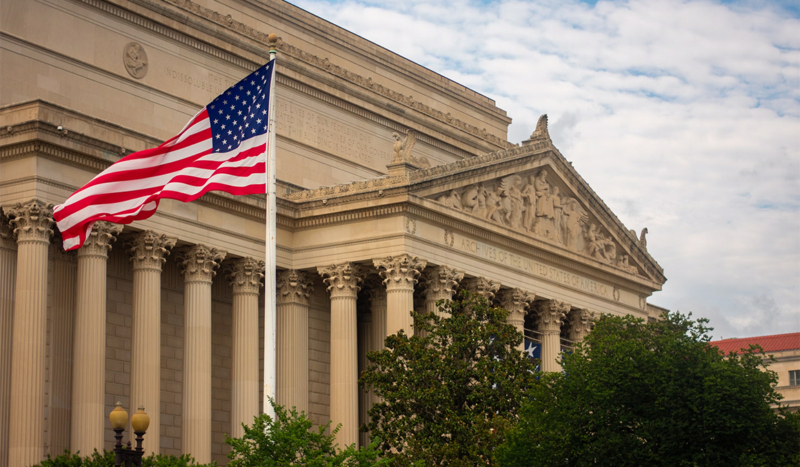
Juliana Uribbe / Unsplash
CV NEWS FEED // After hearing March 31 oral arguments, the U.S. Supreme Court appears likely to rule that Catholic Charities Bureau of the Diocese of Superior is a religious organization and therefore eligible for an exemption from Wisconsin’s unemployment compensation program, according to numerous outlets.
The Hill reported that the Court appeared “swayed” by the arguments presented by Catholic Charities’ lawyer, Eric Rassbach. The Associated Press reported that the Court seemed “to be leaning toward” Catholic Charities as well.
USA Today reported that more than half of the Court’s justices indicated they would agree with Catholic Charities, “but they debated where to draw the line for religious exemptions.”
A March 31 press release from Becket Fund for Religious Liberty, which is representing Catholic Charities, states that the organization had sought to opt out of the state’s unemployment compensation program so as to join the Wisconsin Catholic Church’s program that cost less money.
According to The Hill, the organization argues that it was denied the state unemployment tax exemption because it serves and employs people who are not Catholic and does work that technically could be accomplished by a secular organization.
The Wisconsin Supreme Court ruled in 2024 that the organization’s ministry serving those in need and in poverty is not “typical” religious activity, Becket reports.
In the March 31 Becket press release, Rassbach reiterated that Catholic Charities’ work is religious.
“It doesn’t take a degree in theology to figure out that when Catholics help the needy it is an act of faith,” he said. “Yet Wisconsin says Catholic Charities isn’t doing anything religious at all. That wrongly punishes both Catholic Charities and the poor, the elderly, and the disabled they serve. We hope the Court will reject Wisconsin’s backwards logic.”
The state’s attorney, Colin Roth, argued before the nation’s Supreme Court this week that Catholic Charities is not eligible for the exemption because its daily work does not “involve religious teachings,” the AP reported. The state also argued that an organization could obtain the exemption by actively trying to convert people, which is religious activity.
Justice Elena Kagan pushed back on this, noting that some religions specifically shy away from trying to convert people, according to the AP.
According to USA Today, Roth also argued that granting an exemption because an organization says it is religiously motivated would “radically expand” the case for similar exemptions elsewhere and cause states to simply stop granting exemptions altogether.
Chief Justice John Roberts and Justice Samuel Alito asked Wisconsin what Catholic Charities needs to do in order to be eligible for the exemption. Roth said employees would have to continuously express and teach of religious belief, such as through mandatory prayer before serving food at a soup kitchen, according to USA Today.
Alito responded, “That would be sufficient? You don’t get the soup unless you pray first?”
USA Today reported that Justice Neil Gorsuch chimed in that such an approach would be problematic, as it would require government inspectors to visit soup kitchens to measure the amount of prayer taking place.
Rassbach also argued before the Court that a court would not say religious leaders who support those in need don’t qualify as ministers since non-religious people support those in need as well, according to the Hill.
“By that measure, Mother Teresa might not qualify,” Rassbach said.
Bishop James Powers of the Diocese of Superior stated in the March 31 Becket release that there is hope the Supreme Court will recognize Catholic Charities as a religious organization.
“For over a century, Catholic Charities has been a Good Samaritan to the poor, elderly, and disabled throughout northern Wisconsin,” Bishop Powers said. “We pray the Court protects this vital work of improving the human condition, recognizing it as central to our duty as Catholics.”

